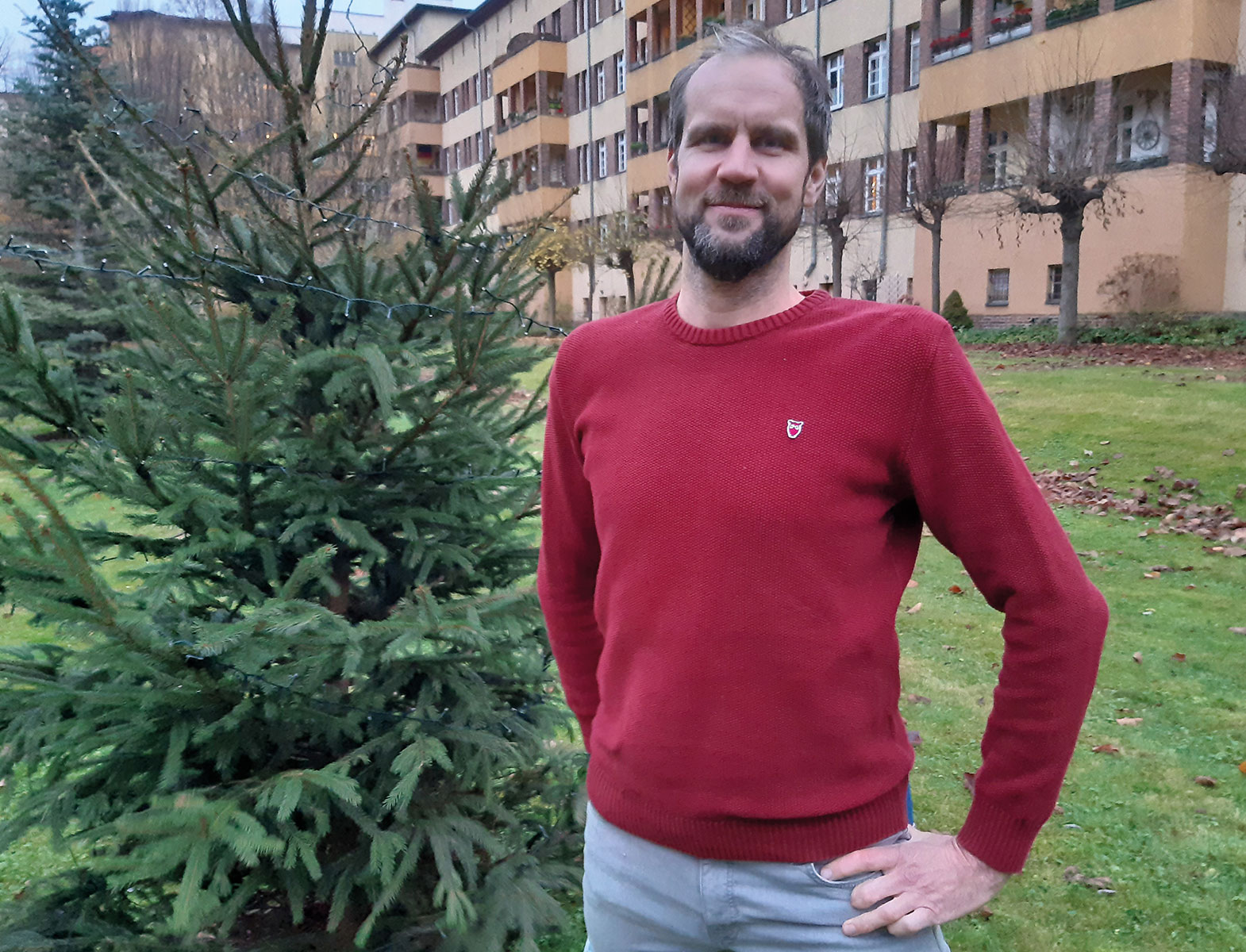The younger generation is particularly concerned with the issues of the climate crisis and climate protection. What content and (new) formats is BUND using to try to reach and support this and other target groups?
The younger generation plays an important and special role at BUND Berlin as well as other regional associations in the form of BUNDjugend. BUNDjugend is an independent organization within BUND with its own statutes, executive board, and office. Anyone over the age of 27 is part of the “regular” BUND. There are numerous working groups and committees where those wanting to get actively involved in an issue in addition to their membership can find like-minded people. At BUND Berlin, there are several groups on nature conservation and others dedicated to topics such as zero waste, sustainability, water, mobility, climate, and renewable energies.
In 2015, this last working group actually came up with the idea of the Berlin Climate Day, which was organized by volunteers from the group over the first two years.
Berlin Climate Day stands for the vision of a strong civil society in Berlin and a public that is well informed of the dangers of the climate crisis. Who is involved in the event and who is the target audience?
Berlin Climate Day was primarily established to give groups from Berlin’s civil society the opportunity to present their own work and achievements. With over 50 exhibitors and almost 3,000 visitors, Berlin Climate Day has now grown into one of the city’s central events.
Climate Day is seen as an event for all Berliners – whether new to the topic or better informed and looking to network with other people and groups.
A core element we want to expand on for the coming Climate Day is cooperation with the scientific community and scientific communication. We want to work alongside the Climate Change Center to find ways to convey scientific knowledge to our visitors in an appealing way.
Should Berliners be more involved in the climate discourse in general, and what does BUND Berlin hope the scientific community will contribute?
Having a strong civil society where citizens get involved is an important (corrective) factor in the political process. The most recent example is of course Fridays for Future, but even before that Berliners regularly made use of the participation tools at their disposal. These include petitions/referenda on keeping Tempelhofer Feld, remunicipalizing the Berlin power grid and establishing the city’s own municipal utility, introducing the Berlin Mobility Act and, most recently, the popular initiative to set up a citizens’ climate council that will meet for the first time next year and help bring the political discourse closer to the public once again.
In this overall process of inclusion – especially in times when fake news is alarmingly widespread – it is vital that people are able to form an objective, well-informed opinion on matters. To fulfill this important task, BUND Berlin hopes that the scientific community will become more prominent and play a greater role in public discourse.
The interview was conducted in November 2021.
Picture: BUND Berlin


